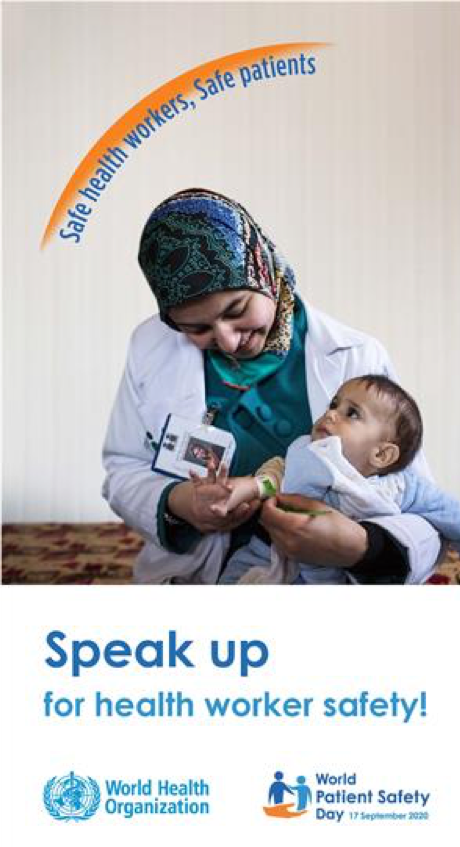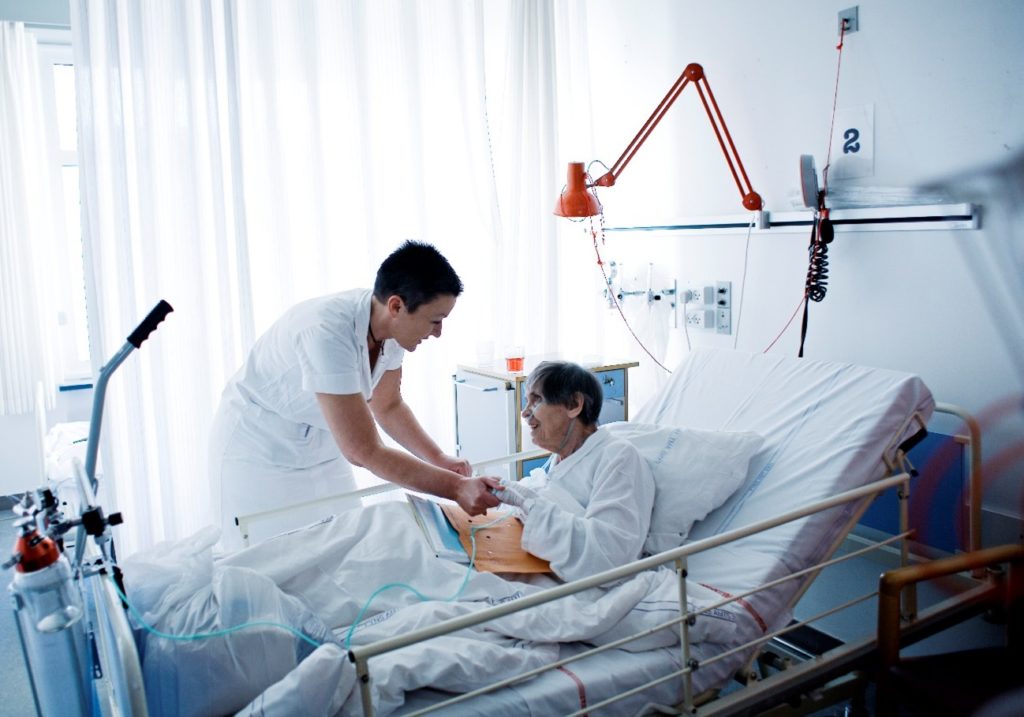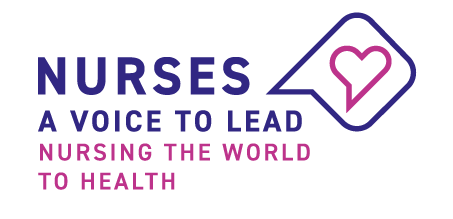IND Case study World Patient Safety Day: Russia
On World Patient Safety Day, ICN presents a case study from Russia on prevention of falls and trauma among elderly patients
Over the past three years, nurses at the Omsk Regional Clinical Psychiatric Hospital have analyzed the problem of fractures in patients. They found that 75 patients had suffered from different types of fractures. Most of these were found in the older patient group of people aged 75-85. Hip fractures amounted to 51% of traumas, and fractures of the upper extremes amounted to 30%. Out of all fractures in elderly people 40.5% were found in two gerontology units, and the other 59.5% – in 17 mental health units. Based on this data, nurses developed and implemented a preventive programme to decrease the hospital traumas in patients with mental disorders and osteoporosis.
Patients from 19 inpatient units of the mental health hospital, including two gerontology units, took part in this project. Nurses learned the patients’ charts, noting their present disorders and the history of traumas and specifically of bone fractures, and focused on the causes, the mechanisms and the treatment outcomes.
The study showed there was a critical need to develop and implement complex activities to prevent fractures in elderly patients, such as establishing a safe hospital environment, decreasing external risk factors, teaching the staff on fall prevention, teaching the patients on safe behaviour and physical activity based of the patient’s mental and cognitive status.
The nurses concluded that all the patients should be observed and the medical therapy should be taken into account as there was a potential increase of the risks due to medication. Patients should wear comfortable clothes and shoes, should be helped to get in and out of bed, escorted in case of a need within the hospital and supported during meals. Patients also needed assistance during hygiene procedures.

Trauma prevention also requires a safe hospital environment which includes good lighting and safe floors. Staff nurses are trained on care in case a patient falls, and the patient must be hospitalized during the first hour, since proper and timely immobilization brings good treatment outcomes in 90% of cases. Patient are also trained how to be safe and prevent falls; and family members are provided with professional advice on safe home environments.
Patients’ falls are not solely a nursing problem, but the key role on falls prevention for patients of high risk groups definitely belongs to nurses.


